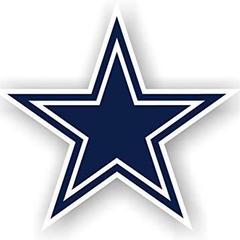IGNORED
Relative Importance of Driving/Approach Shots, Short Game, Putting, etc. (LSW, Mark Broadie, Strokes Gained, etc.)
-
Topics Being Discussed Right Now on The Sand Trap
-
- 23 replies
- 2,393 views
-
- 8,551 replies
- 397,619 views
-
- 109 replies
- 73,013 views
-
"5 Minutes Daily" Practice Challenge 1 2 3 4 912
By iacas, in Instruction and Playing Tips
- 5 minutes daily
- dedication
- (and 6 more)
- 16,413 replies
- 1,161,652 views
-
- 376 replies
- 88,420 views
-







Recommended Posts
Create an account or sign in to comment
You need to be a member in order to leave a comment
Create an account
Sign up for a new account in our community. It's easy!
Register a new accountSign in
Already have an account? Sign in here.
Sign In Now